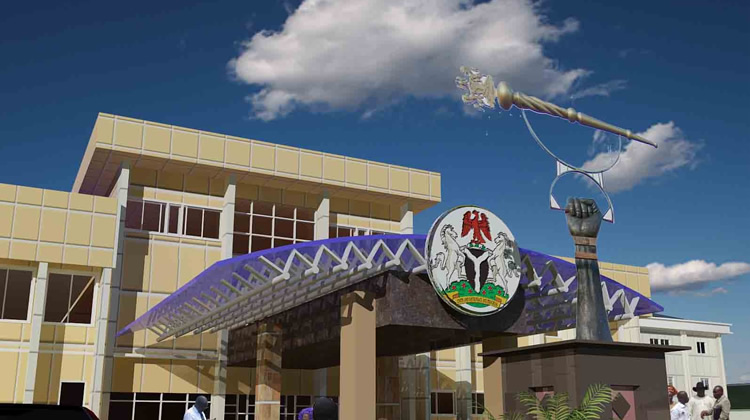The Imo State House of Assembly, at the weekend, passed a “bill for a law to amend the law to establish a centre for Igbo Language, research and development for the purpose of promoting, preserving and restoring the use of Igbo language.”
The sponsor of the bill, Ekene Nnodumele (Orsu Constituency), said the law, if assented to, would also make the teaching of Igbo language compulsory in schools across the state for the benefit of the people of the state and beyond.
A clean copy of the bill, the lawmakers resolved, would be presented to the state governor for his assent.
The House also resolved and adopted to set aside a day in a month for the deliberations of the proceedings in the Assembly to be held in Igbo language, while members would also appear/dress to the plenary in native attire.
In another development, members of the Assembly have resolved to “restructure the Speaker’s office to have a make-shift Chamber” for the continuation of the proceedings pending the completion of the structural repairs going on at both the permanent site and temporary site (Ojukwu Centre) in Owerri.
The motion, which was sponsored by the Majority Leader/member representing Owerri West Constituency, Kanayo Amaechi, but presented by the Deputy Majority Leader, Emeka Nduka, was unanimously adopted by other members.
Nduka posited that proceedings would be unduly hampered, following the repairs at the sites, submitting that the only anti-dote to ensure that the mandatorily constitutionally required “not less than 181 days of sitting” as contained in the 1999 Constitution of the Federal Republic of Nigeria, be met by the resolve of holding plenary in the Speaker’s office.
He recalled that similar had happened last May, this year, when the lawmakers sat in the Speaker’s Lodge.
Supporting Nduka, the members, representing Orsu Constituency, Chief Paschal Okoli; Ahiazu Mbaise Constituency, Samuel Otibe; and Chief Eddie Obinna, representing Aboh Mbaise Constituency, argued that laws and motions were critical for their constituents, saying that it could only be made when they sit regularly, adding that they must not be carried out at the risk of their lives.







